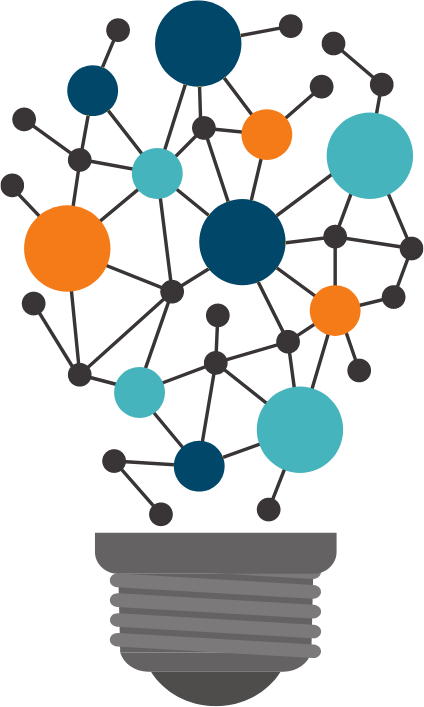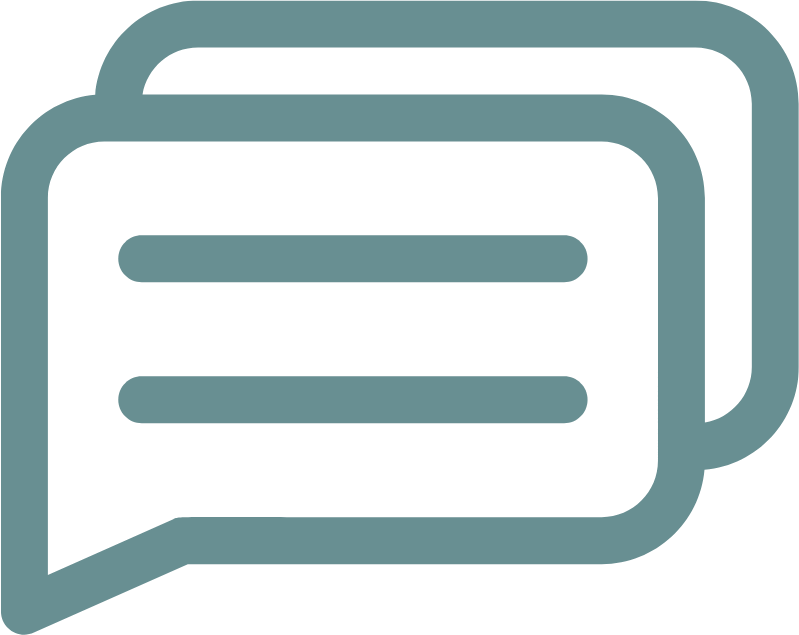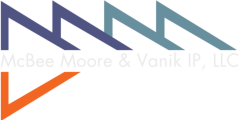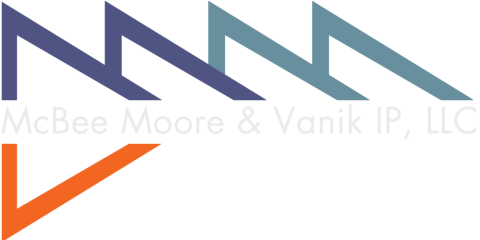IP Patent Attorneys
Intellectual Property
Life Sciences Patent Law Firm
Patent prosecution involves the intricate steps of drafting, filing, and collaborating with the US Patent and Trademark Office (USPTO) to obtain protection for innovations. This process is vital in converting concepts into marketable products. MMV IP excels in guiding clients through this crucial journey. Our expertise spans from early-stage consultations, identifying potential inventions for patent protection, to securing patent rights, and even defending or challenging these rights before the USPTO Patent Trial and Appeal Board (PTAB).
To be patentable, a product or method must be both novel and non-obvious over prior products and methods. In the context of patentability, this means that the object of the invention was neither:
(a) known in the art by a person of at least ordinary skill in the art prior to the filing date of the patent application, nor
(b) obvious to a person of at least ordinary skill in the art at the time the invention was made. The relevant “state of the art” is comprised of all information that was publicly-available prior to the application filing date (e.g., written publications, presentations, etc.).

Innovate. Protect. Succeed.
Our patent attorneys support various entities, from start-ups to large multinational enterprises. With backgrounds in biotechnology, chemistry, relevant industry sectors, and the USPTO examining corps, our attorneys and agents are prepared to comprehend inventions at a technical level while considering strategies for obtaining a broad range of patent protection.

Trusted Patent Expertise
MMV IP routinely assists clients with large and small scale product development efforts to minimize the likelihood that their conduct would result in the infringement of a valid claim of a third party patent. We are also well acquainted with patentability issues involving natural products and phenomena in view of the United States Supreme Court’s Myriad and Sequenom lines of cases.
Obtaining a Patent:
To secure a patent, an applicant must submit a patent application to the relevant patent office, such as the United States Patent and Trademark Office (USPTO). This application includes written claims outlining the perceived patentable invention. The office assesses the application for compliance with both formal and substantive requirements, covering aspects like novelty, non-obviousness, written description, and enablement. The patent prosecution process involves making decisions at various stages, contingent on whether patent examiners decide to grant or reject an application.


Scope of Patent Protection
Proven Patent Law Firm
Knowing all the options and which course of action to take—and when to withdraw if the chances of success look too low or the costs too high —is how the experienced patent attorneys and agents at McBee Moore & Vanik IP help guide its clients through the patent application process.
MMV IP leverages insights about each examiner's preferences to craft applications and develop strategies optimized for success. While initial rejections are customary following the examination, a final rejection doesn't conclusively close the door. Applicants still have options to pursue before giving up on the patent application.

agile. experienced.
innovative.
MMV IP routinely assists clients with large and small scale product development efforts to minimize the likelihood that their conduct would result in the infringement of a valid claim of a third party patent. We are also well acquainted with patentability issues involving natural products and phenomena in view of the United States Supreme Court’s Myriad and Sequenom lines of cases.

10 S. Market St., 2nd Floor
Frederick, MD 21701
7900 Westpark Dr., Suite A100
McLean, VA 22102


